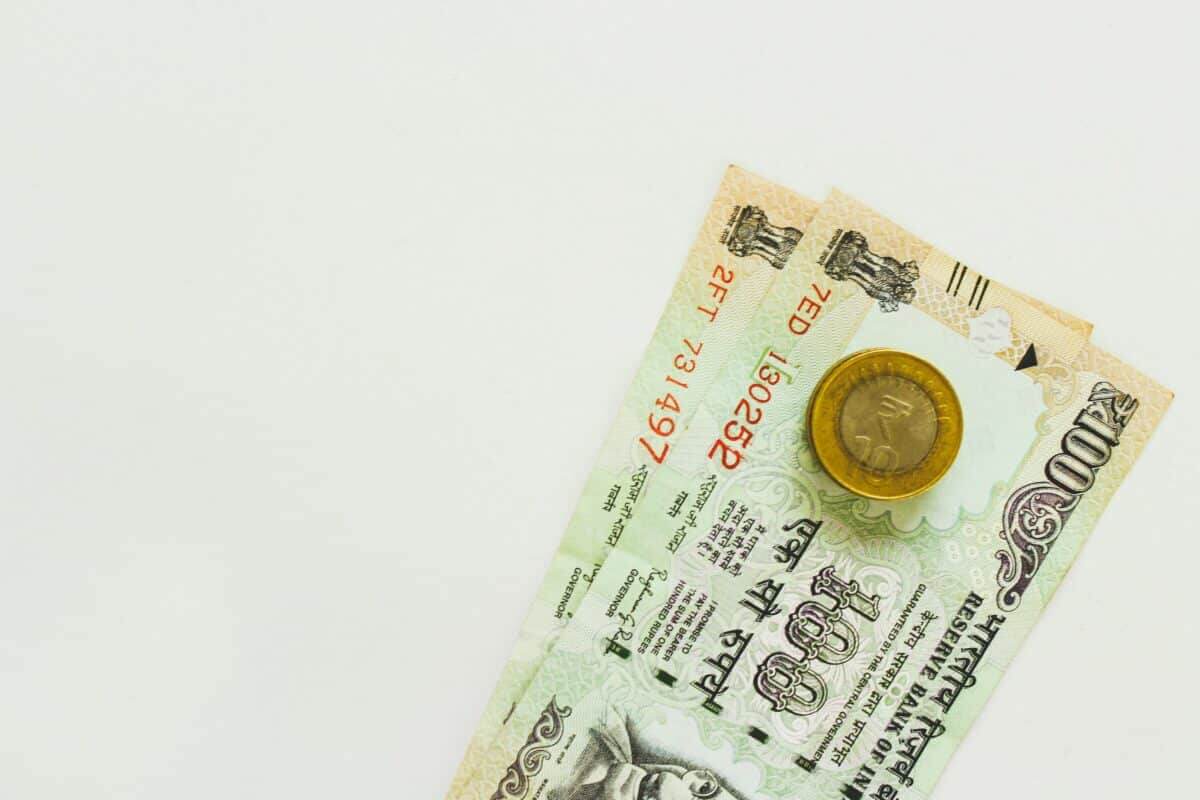
Southeast Asian currencies & stocks increase
After multi-billion dollar lifelines for struggling Korean banks reduced strain on the global financial system and bolstered market optimism that the U.S. Fed will slow its rate-hike campaign, Southeast Asian currencies and stocks increased on Friday. Many analysts state that this was helped by regulators and many banks taking swift steps to quell market turbulence.
The Philippine peso gained 0.5% and had its best week since February 24. The Indonesian rupiah and Thai baht had their biggest weekly advances since January 13.
Stocks in Thailand rose 0.4% but saw their worst week in five months,
Malaysian shares rose as much as 1.5%, on track for their biggest day in more than three months.
Singapore’s stocks rose 0.7% but were still headed for their eighth straight weekly loss. According to the city-state, the banks’ exposure to the troubled Swiss bank Credit Suisse was minimal. In the meantime, domestic non-oil exports decreased in February, as many observers had predicted.
For Malaysia, the benchmark 10-year yield remained constant at 3.971%, and the ringgit was headed for its highest week since January 27.
As banking concerns subside, South Korean markets end a volatile week flat
The tumultuous week ended with an increase, as rescue measures helped ease investor concerns about global banking instability. The benchmark bond yield increased as the Korean won surged and had its best week in two months.
Security-minor index (.KS53) increased by 0.89%, while the finance-major index (.KS49) increased by 0.80%. Yet, they each finished the week down 2% and 2.81%.
The KOSPI (Korean Standard Stock Price Index) ended the day up 17.78 points or 0.75% ($2,395.69). At the end of the week, it increased by 0.05% after reaching a low over two months.




